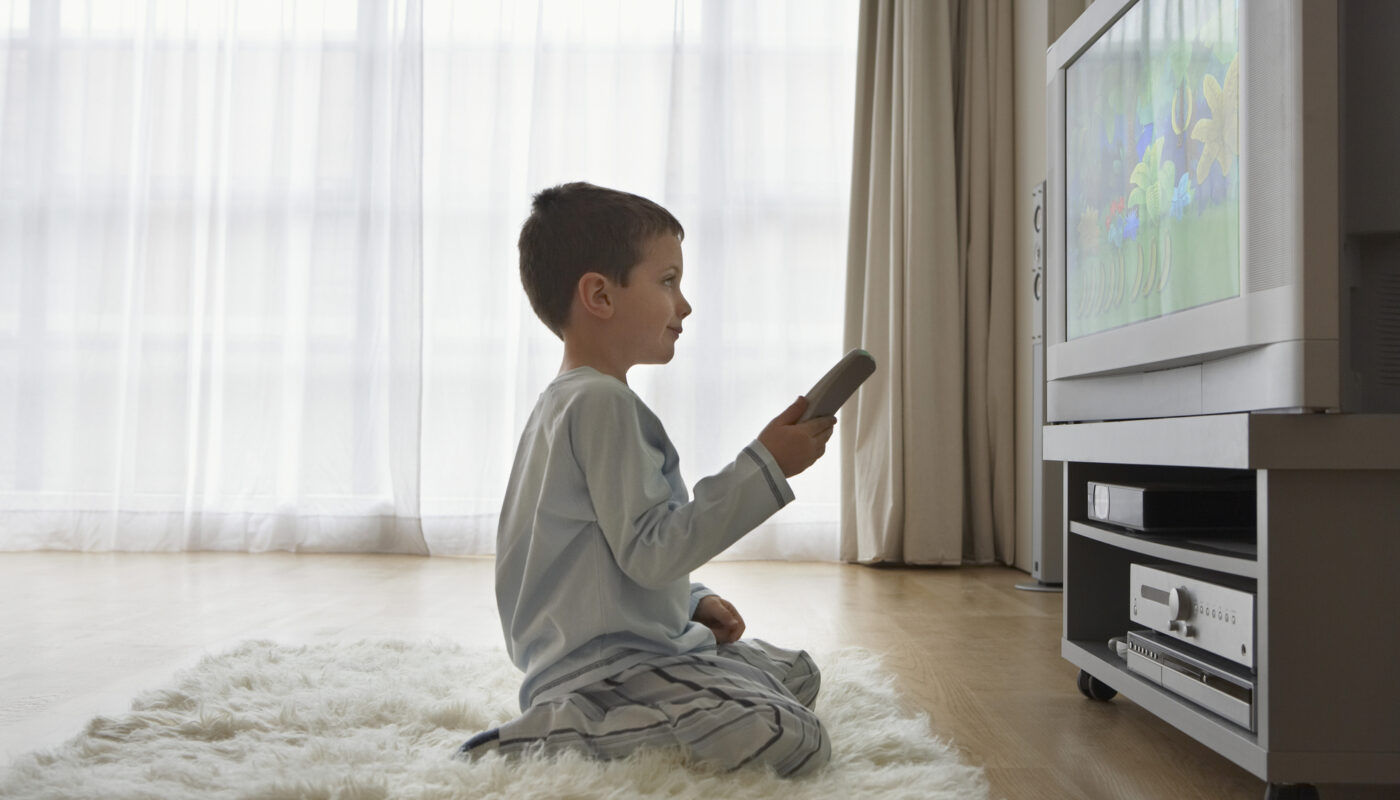A recent study conducted by researchers at Lund University in Sweden challenges the recommendations set by the World Health Organization (WHO) on limiting screen time for children under the age of five. The study suggests that the strict guidelines are nearly impossible to adhere to and may lead to unnecessary anxiety and stigmatization of parents with young children.
The WHO advises minimal screen time for young children, with children under two years old ideally avoiding screens altogether. While the Swedish Paediatric Society echoes these guidelines, they do allow for brief video calls with grandparents. Professor Helena Sandberg, a media and communication studies expert at Lund University, questions the feasibility of a zero-tolerance approach to screens in today’s highly digital societies.
Sandberg and her research team recently published their findings on the digital media habits of young children, based on observations of 16 families with children ranging from six weeks to just over three years old. The study revealed that while parents express a desire to limit their children’s screen time due to social stigma, they also actively encourage their children to engage with technology, recognizing its role as a common aspect of modern family life.
The researchers emphasize the positive experiences that can stem from screen-based activities, such as socializing and learning. They note that activities like video calls with distant relatives can aid in linguistic development and help maintain important family connections. At the same time, the study highlights the concerns and feelings of shame that parents may experience as a result of societal pressure to restrict screen time.
Sandberg argues that the current recommendations on screen time may be counterproductive, as they place undue pressure on parents and detract from the potential benefits of technology use in early childhood. Instead of focusing solely on limiting screen time, she suggests that guidelines should promote interactive and educational screen use under parental supervision, to facilitate exploration and learning opportunities for young children.
In conclusion, the study urges a shift in the approach to children’s screen time, advocating for a more balanced view that considers the content and context of digital activities rather than simply imposing restrictions. By encouraging positive engagement with technology under parental guidance, families can utilize digital media as a valuable tool for learning and connection, while alleviating the burden of unrealistic expectations on parents.
Note:
1. Source: Coherent Market Insights, Public sources, Desk research.
2. We have leveraged AI tools to mine information and compile it.




